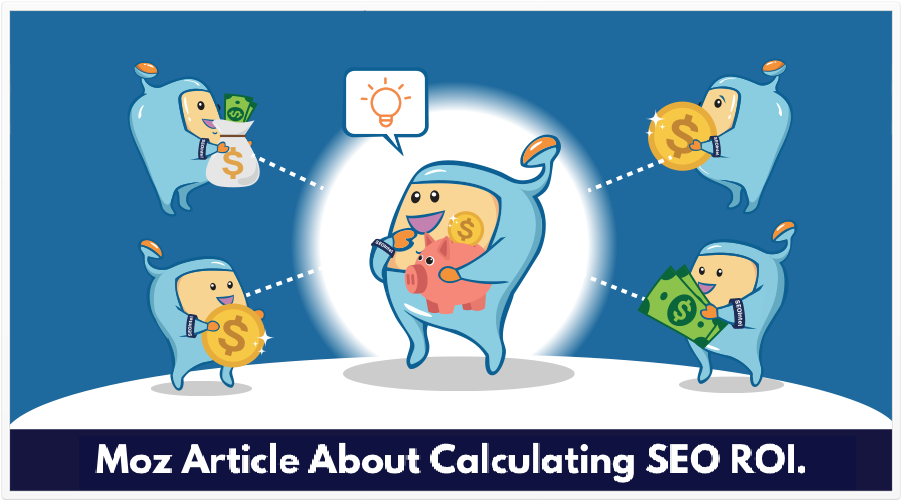
If you pursue search engine optimization (SEO) practices for your business, you probably know that they’re a potentially worthy pursuit, especially in the long term.
However, unlike paid advertising, since SEO can take time, it might be harder to calculate the ROI you get from your SEO investments of time, energy, and sometimes, money.
For your business, do you know if SEO has a greater ROI than paid advertising?
Recently, on the Google Analtyics Twitter channel, there was a tweet…
The tweet links to an article by Adriana Stein, titled, How to Calculate Your SEO ROI Using Google Analytics.
For me, if I were doing paid advertising and SEO, before trying to determine the ROI of either one (or both), I’d be concerned about conflation.
I’d wonder about this because if I were going to measure the ROI of paid traffic or SEO, I’d want to measure my paid traffic separately from my SEO traffic. I’d want to be sure that if Amy clicked on one of my paid ads, that her visit is counted toward my paid ROI.
But since, in this hypothetical case, both sources of traffic visit the same pages, it’s challenging to statistically separate the sources so that you can accurately measure their ROI.
Can this be solved in Google Analytics?
I’m not sure if you can measure the ROI of 2 traffic sources (paid and SEO) with 100% accuracy, but I’m sure there are methods for doing so.
Anyway, when it comes to measuring the ROI of SEO, it’s good to keep in mind something that I mentioned earlier: SEO results can take time. You can publish SEO-optimized content today, it might get indexed tomorrow, and take a few days to rank.
Anyway, whether or not you own an e-commerce business, if you do SEO, I’m sure that Stein’s article offers some insight and methods you can use to measure your SEO ROI.
Source: Google Analytics Twitter Channel